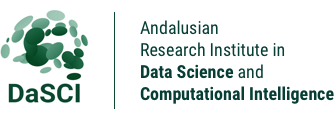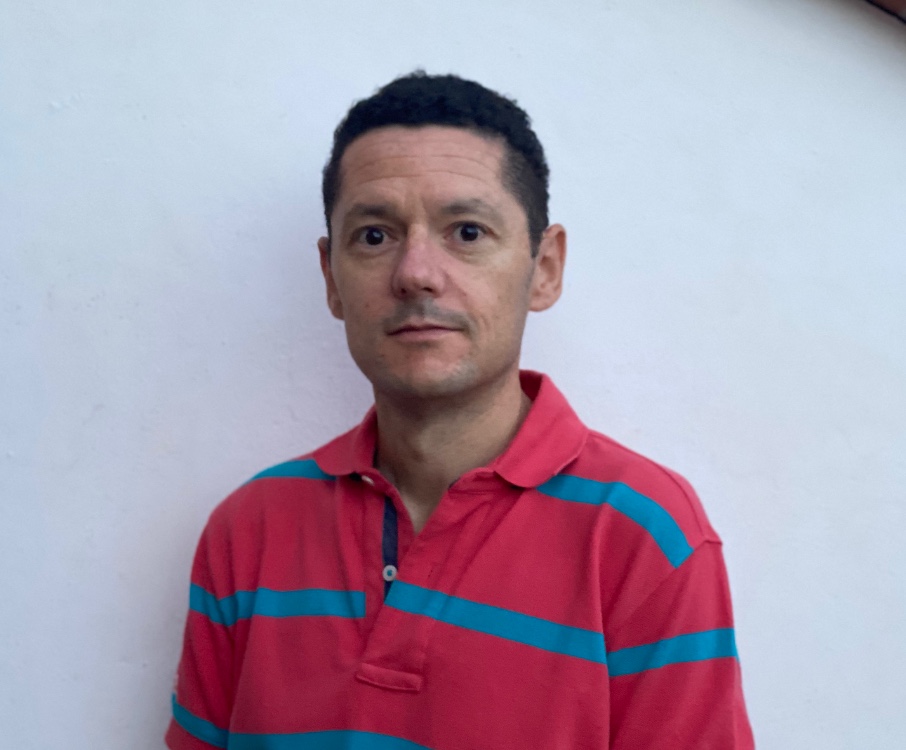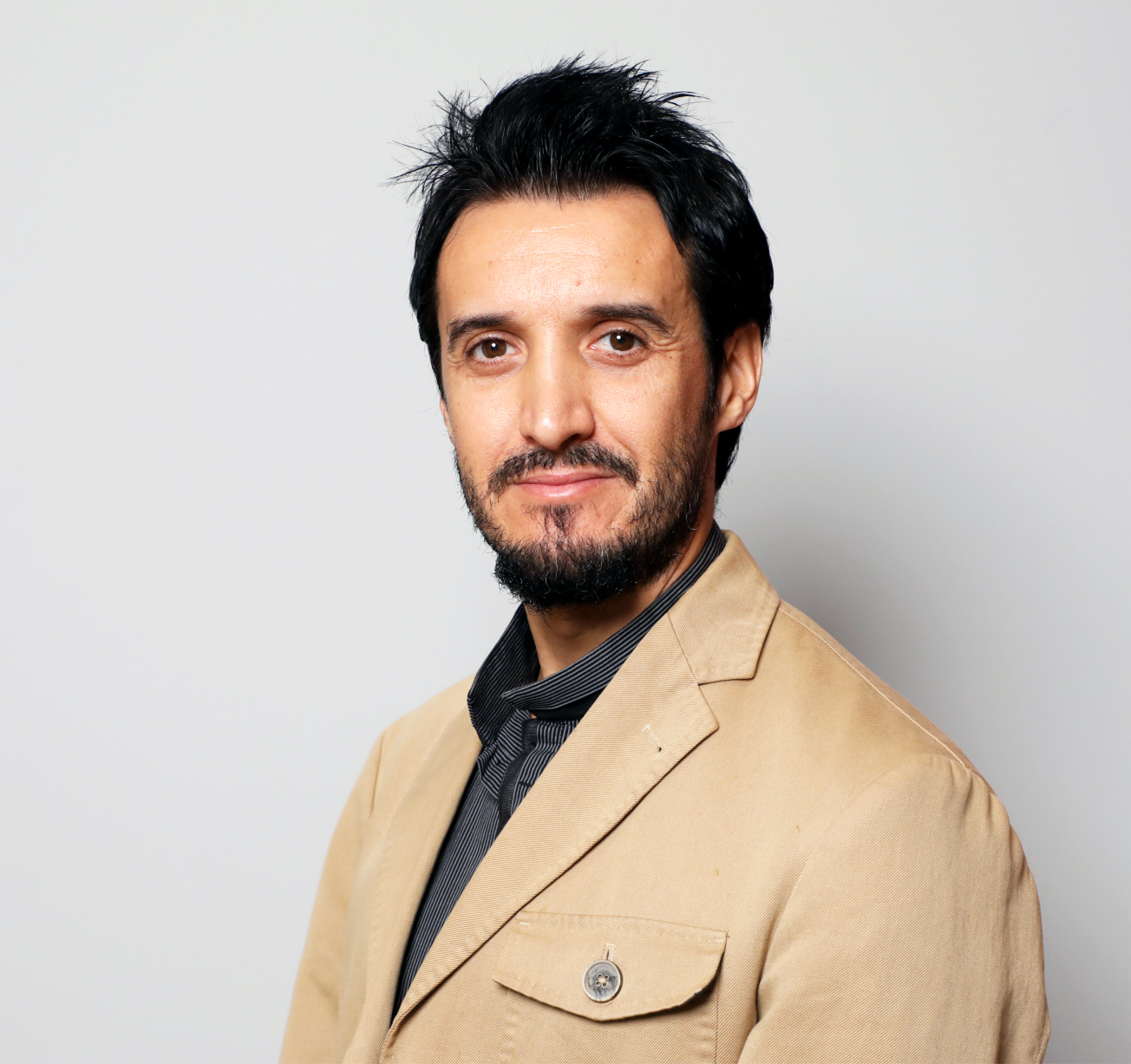Artificial Intelligence For Digital Health & Medicine
The integration of Artificial Intelligence (AI) and Machine Learning (ML) in medicine and digital health not only enhances human capabilities but also enriches individuals’ survival skills and improves overall health. Additionally, it serves as invaluable support in forensic medicine decision-making processes.
DaSCI researchers are working on various projects related to early diagnosis and personalized treatment of mental health illnesses, real-time recognition of elderly activities, and skeleton-based human identification in forensic medicine. The ultimate goals are to improve patient and elderly outcomes while providing trustworthy ID tools.
Current DaSCI research lines:
- AI for early diagnosis, disease progression, risk assessment, and personalized treatment. The focus is on preserving well-being across the lifespan by preventing illness at an early stage. The researchers plan to extend their AI-based neuroimaging techniques to analyze a wide range of mental and physical conditions, including brain diseases like Alzheimer’s and Parkinson’s. With special interest to develop personalized cancer management tools and an AI assistant for predicting mortality and readmission outcomes in Spanish ICUs. Additionally, they seek to design new explainable ML algorithms for diagnosing antibiotic resistance.
- AI for advanced real-time recognition of elderly activities. The aging population poses challenges, and monitoring systems are needed to evaluate the quality of life for the elderly and detect dependence early on. The researchers plan to validate their intelligent architectures on a larger scale and refine AI techniques for better monitoring efficiency and accuracy.
- AI for human identification in forensic medicine. In forensic medicine, AI can assist in identifying missing persons and supporting criminal investigations. This research line includes to enhance the court admissibility of AI-analyzed evidence through explainable and trustworthy algorithms, and to improve the reliability and efficiency of ID techniques and expand their approaches to identify living individuals.

























